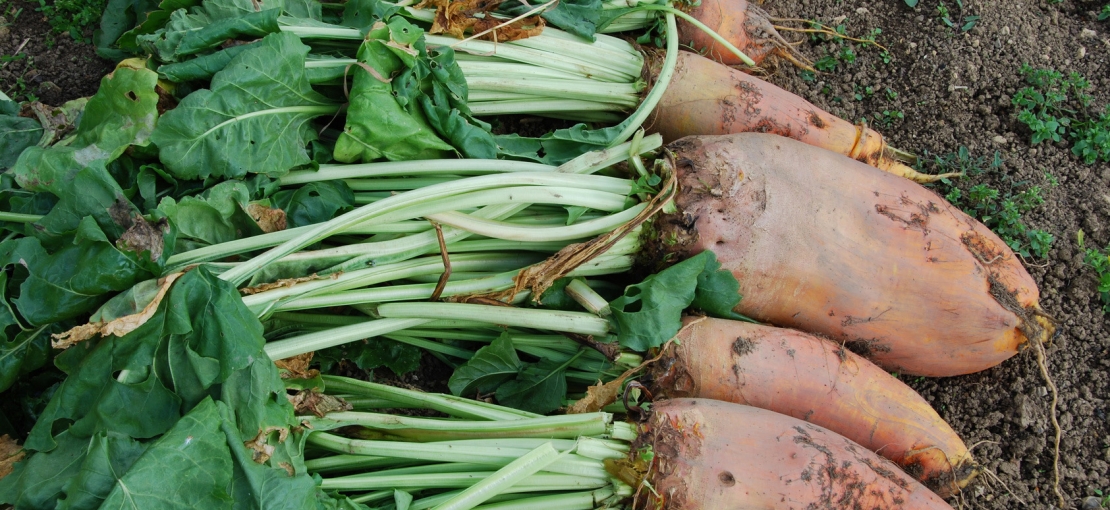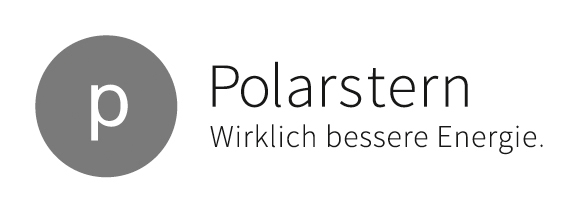
Thermal energy from sugar beets
Environmentally friendly heating with renewable energy
This biogas is made in a sugar factory in Hungary from the by-products of sugar production. In the adjoining biogas plant, the sugar beet tailings are first fermented into biogas and then fed directly into the European gas network.
Sugar beet gas from Hungary
While it’s true that the sugar beet gas doesn’t actually end up in Tettnang, you can imagine the system like a large pool. It works in the same way as the electrical grid: gas flows in from all sides and from a variety of sources – our sugar beet gas is one of these.
The gas coalesces in the pool – after all, gas is just a chemical mixture and it doesn’t matter which energy source was used to produce it. The more gas from renewable resources there is, the less fossil natural gas has to be produced to fill the pool and cover our energy requirements for heating. Biogas "displaces" fossil gas from the grid.
100 % TÜV-certified biogas at VAUDE
To ensure that VAUDE uses biogas exclusively, despite the great distance between the plant and the company, TÜV certifies that the quantity VAUDE actually uses is actually fed into the gas network from the sugar factory. Read more here.
Heating energy consumption VAUDE
Create your own infographicsWeather-adjusted energy consumption
In order to be able to evaluate our heating energy consumption independently from outdoor temperatures and the duration of the heating period, we use regional degree days for Ravensburg (GTZspez) to compare our consumption levels. We receive this information every year from the Ravensburg Energy Agency.
This resulted in higher weather-adjusted heating energy needs than our actual consumption meaning that we used less energy for heating than would be predicted from the outdoor temperatures.
In addition, many employees worked from home offices during the Corona lockdowns in 2020, which led to lower heating costs for company offices and the VAUDE factory outlet in Tettnang was also temporarily closed due to the lockdown.
Solar thermal energy for cyclist showering facilities
VAUDE not only has photovoltaics on its roofs (more about it here ), but also solar thermal energy for hot water. For example, after a strenuous bike commute to work, our employees can take a hot shower using solar energy.
This conserves the gas needed for hot water production. We supplement with gas only when the sun doesn’t shine. In 2020, we generated 2,676 kilowatt hours of energy with solar thermal energy.
| GRI: | 302-1 |
| GRI: | 302-2 |
| GRI: | 302-3 |
| GRI: | 302-4 |





